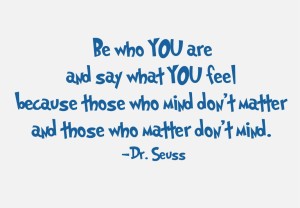
Someone posted this cartoon on Facebook recently and it made me laugh. And groan. Because we’ve all been there. Victims of meetings that got called because someone didn’t know how else to move a project forward or solve a problem.
I saw a statistic recently that said there are 11 million meetings in the U.S. every day. Who know if that’s accurate or how it was calculated… but most professionals report spending 50% of their time in meetings and say that half of that time is wasted. Yikes! That’s a lot of lost time and money. There are a lot of bad meetings out there. Meetings with no preparation. Meetings without agendas. Meetings that don’t respect the time of the participants and don’t have a clear purpose. Meetings where half the people in the room (or more!) are distracted by their electronic devices or sit passively watching bad Powerpoint slides.
Some weeks I feel like I spend all my time in meetings, and it’s enough to make me really appreciate the good ones. As meeting participants we need to get better at demanding more from our meeting organizers. We need to start asking:
- Why am I being invited to this meeting?
- What are the objectives of the meeting?
- Will we be getting an agenda in advance?
- What preparation is expected of me?
And for those of us who organize meetings, we need to commit the time to preparing for the meeting, to creating thoughtful agendas with clear desired outcomes, shortening our meetings and actively seeking ways to engage the participants. We need to invite people to our meetings in a way that says “Come, you are welcome!” and makes them eager to participate. We need to actively manage our meetings to ensure that the desired outcomes are met and make sure the appropriate follow-up occurs.
I saved a quote called “How Matters” recently that applies well to organizing meetings, but don’t know who wrote it (if you do, please let me know in the comments).
How matters.
Who you invite matters.
And how you invite them.
How you come together matters.
What you talk about and how you talk about it matters.
Where and how you start matters,
As does where you go next,
And how and where you end.
How matters.
Perhaps more than we think.
What do you do to maximize your “how” of running meetings? Please leave your comments below…



